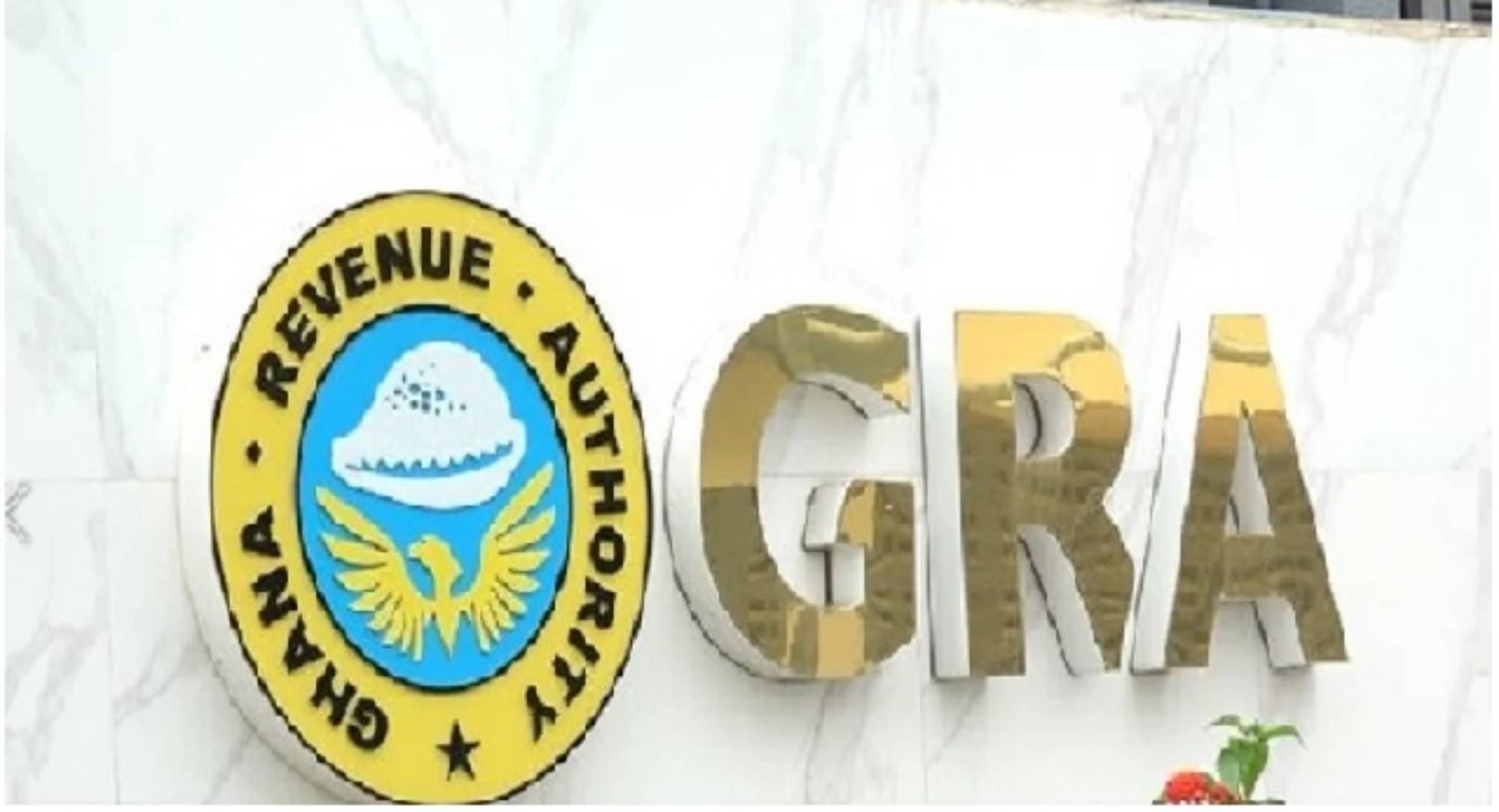The Ghana Revenue Authority (GRA) has officially announced the removal of the widely debated 1% Electronic Transfer Levy (E-Levy), following the President's approval of the Electronic Transfer Levy Act, 2022 (Act 1075) and its Amendment Act, 2022 (Act 1089) earlier today.
Read Also: Undercover filming exposes bold tactics of UK immigration scammers
Effective from midnight, April 2, 2025, all financial institutions and payment platforms are directed to immediately stop applying the levy and process refunds for any charges made after this date.
In a statement issued by Edward Apenteng Gyamerah, Commissioner of the Domestic Tax Revenue Division, on behalf of the Commissioner-General, all Charging Entities must adjust their systems to ensure transactions reflect “no charge†from this point onward.
"The GRA Electronic Transfer Levy Management and Assurance System (ELMAS) will automatically mark all transactions as 'no charge' from midnight," the directive explained.
Entities that continue to charge the levy or fail to process refunds will face penalties under the law.
A key aspect of the directive requires financial institutions and mobile money operators to immediately refund customers who were charged the 1% levy after the official abolition date.
"Charging Entities must process refunds for any E-Levy amounts deducted from customers starting April 2, 2025," the statement stressed. "Entities should expedite the refund process and maintain thorough records of all refunds issued."
Additionally, all Charging Entities must submit comprehensive reports of processed refunds to the GRA.
While the E-Levy has been abolished going forward, the GRA has made it clear that institutions must settle any outstanding E-Levy collected before April 2.
"Charging Entities are required to file and pay any outstanding E-Levy for transactions that occurred before April 2, 2025," the directive stated, warning that failure to comply will lead to legal action and penalties under Ghana’s tax laws.
To ensure full compliance, the GRA will conduct routine checks on financial institutions and payment platforms.
"Non-compliance with these directives will constitute an offense, and sanctions will be applied as prescribed by law," the statement cautioned.
In addition, all Charging Entities are required to retain electronic transfer records for at least six years, in line with Section 27(3) of the Revenue Administration Act, 2016 (Act 915).
The scrapping of the controversial E-Levy is expected to stimulate mobile money usage and promote digital payments, which had seen a decline since the levy’s introduction.
Economic analysts see the levy’s removal as a strategic move to enhance financial inclusion and accelerate the growth of Ghana’s digital economy.
With the new policy now in place, Ghanaians can transfer money electronically without the additional financial burden.
However, the GRA has made it clear that full compliance with the new directive is mandatory, and any non-compliance will be met with legal consequences.
Source: myjoyonline.com


